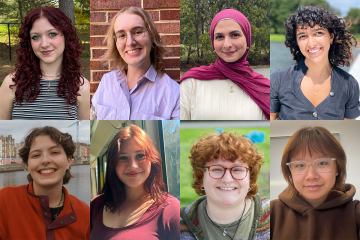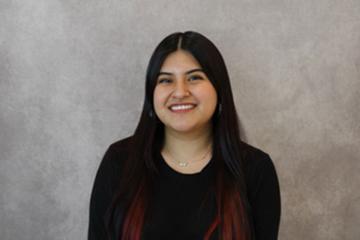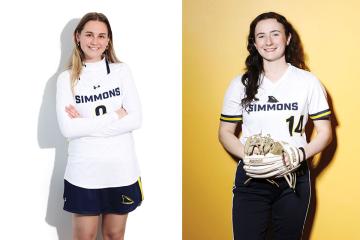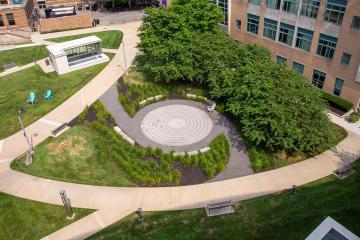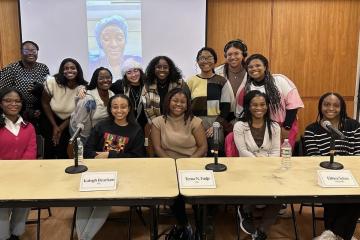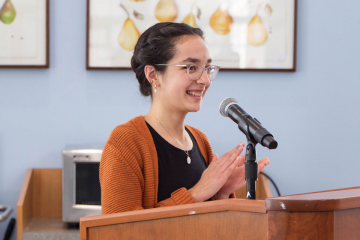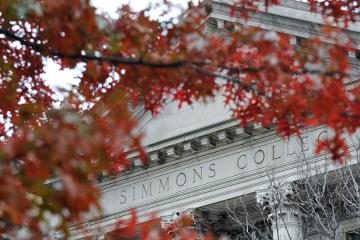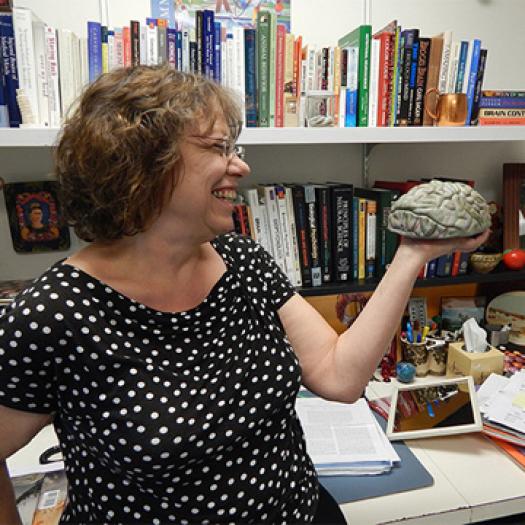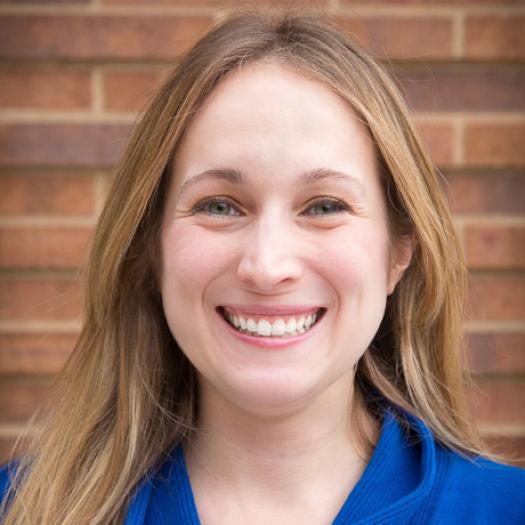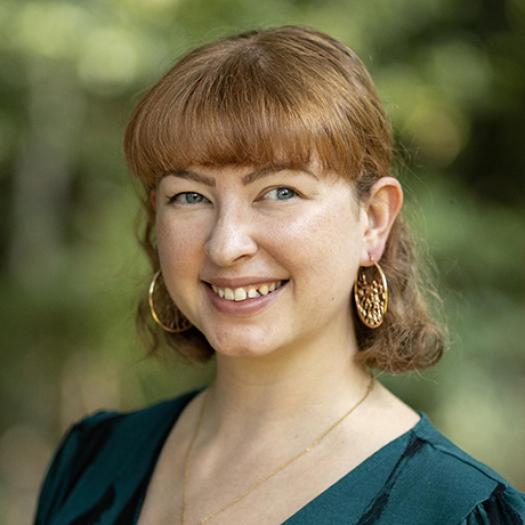Neuroscience and Behavior
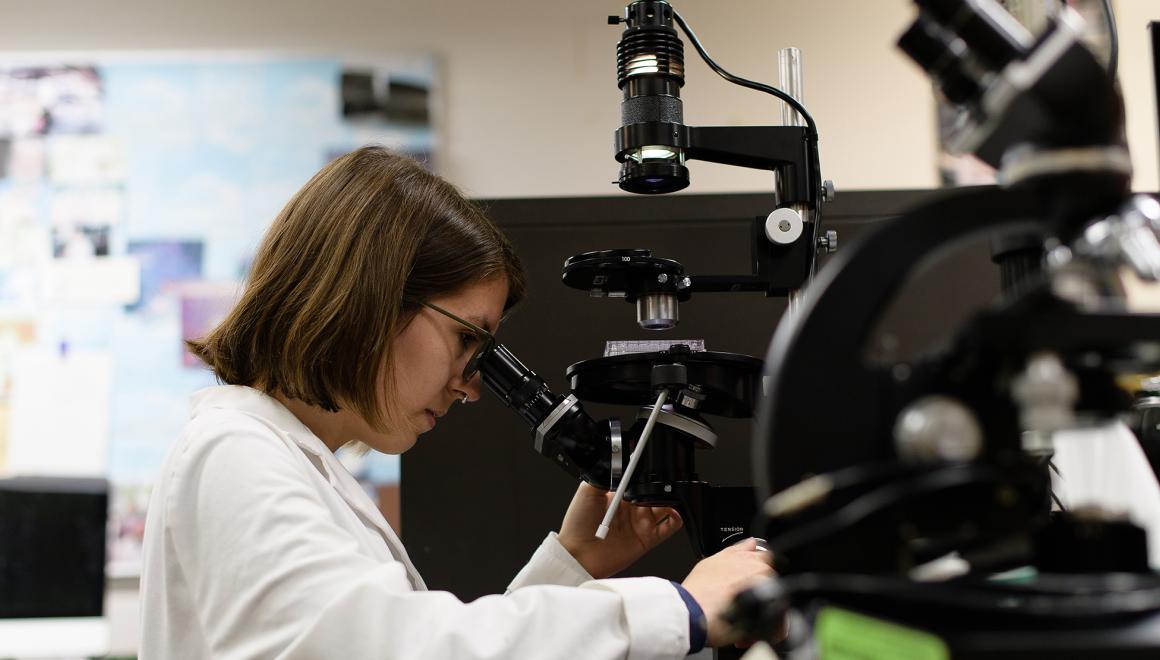
Explore the science behind human behavior
Everything you’ve ever experienced is shaped by the three-pound, jelly-like mass inside your skull. Neuroscience is the multidisciplinary and endlessly fascinating exploration of how the brain works and how its function influences our thoughts, feelings, and actions.
Simmons University’s BS in Neuroscience and Behavior combines elements of psychology, biology, philosophy, chemistry, and statistics to investigate how the nervous system works and how it can be affected by diseases and disorders.
You'll master valuable knowledge and hands-on skills to thrive in a variety of research and clinical settings. The program can also serve as a launching pad for careers or advanced study in healthcare in fields like behavior analysis, medicine, nursing, occupational therapy, and social work. See our Pre-Health Professionals Track to learn more.
What will you learn in Simmons’ Neuroscience and Behavior program?
Our rigorous curriculum includes coursework in biology, psychological science, statistics, chemistry, biological psychology, research methods, and the philosophy of mind. We offer two engaging degree track options to tailor your studies:
Neurobiology Track — This track provides a deeper understanding of the biological mechanisms underlying brain function. You will explore the structure and function of the nervous system at the molecular, cellular, circuit, and organismal levels. Additionally, you will conduct original, authentic research and gain additional professional experience in the form of a mentored research project or internship as part of your senior capstone.
Cognitive & Behavioral Track — This track focuses on cognition, behavior, and emotion to better understand how mental processes arise from the complex interactions between the brain, behavior, and environment. Through coursework and hands-on research, you will gain professional experience applying cognitive and behavioral science to real-world questions.
You can further customize your academic journey by combining your neuroscience and behavior major with a second major or a complementary minor in another field.
What can you do with a BS in Neuroscience and Behavior?
Recent graduates have found employment in biotechnology and pharmaceutical companies, academic research labs, behavioral health clinics, and clinical research centers. They are also pursuing greater professional specialization in medical schools, physician assistant programs, and PhD programs.
The degree is highly applicable in unique, non-medical fields as well. For example, you can become researchers or consultants who understand how the brain and behavior affect areas such as criminal justice, law, education, and marketing.
“The brain is the only organ that tries to make sense of its pain. It is as if the bone were trying to understand the break, as if the blood vessel could comprehend its rupture.” ― Tracy Thompson

